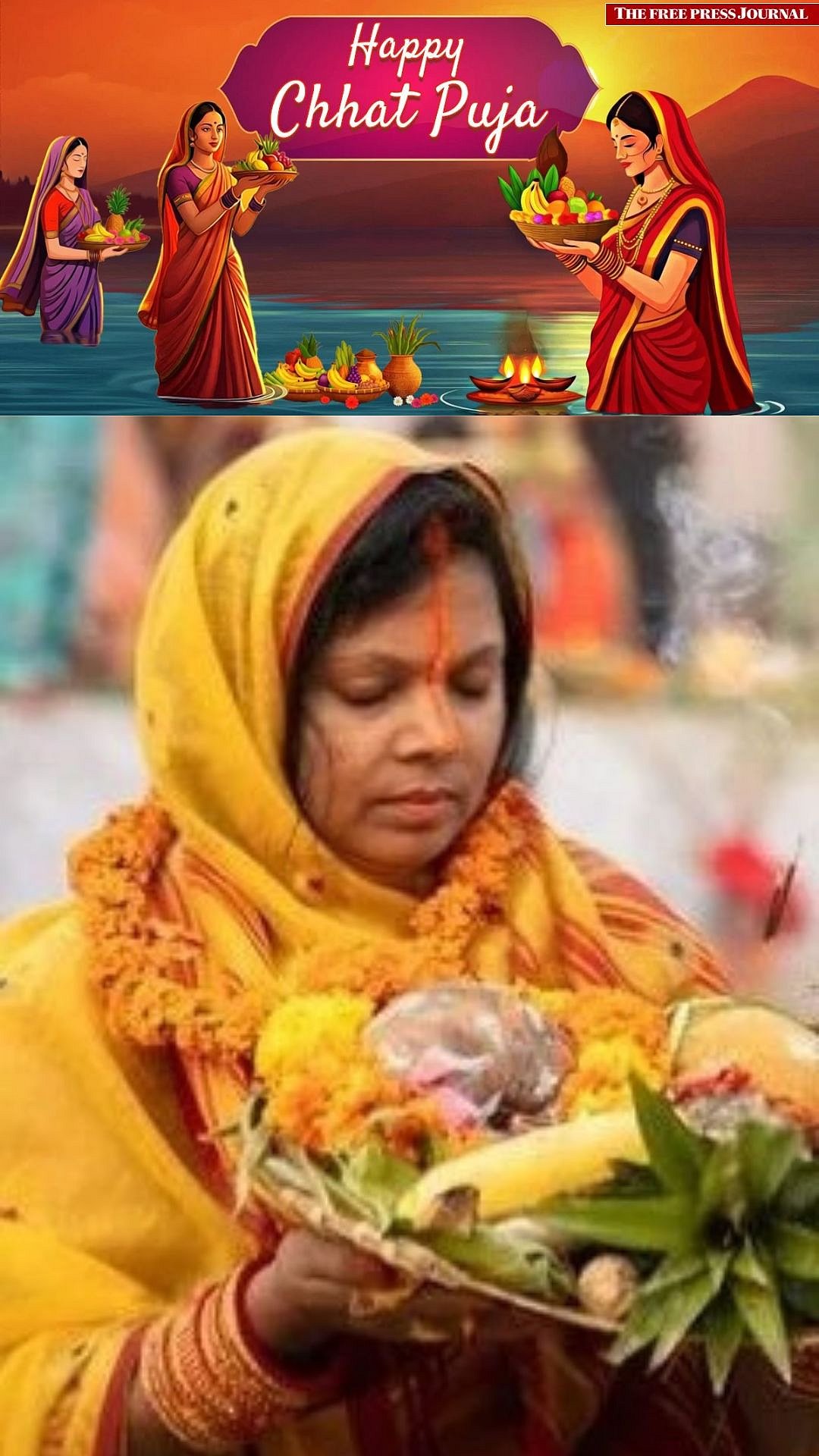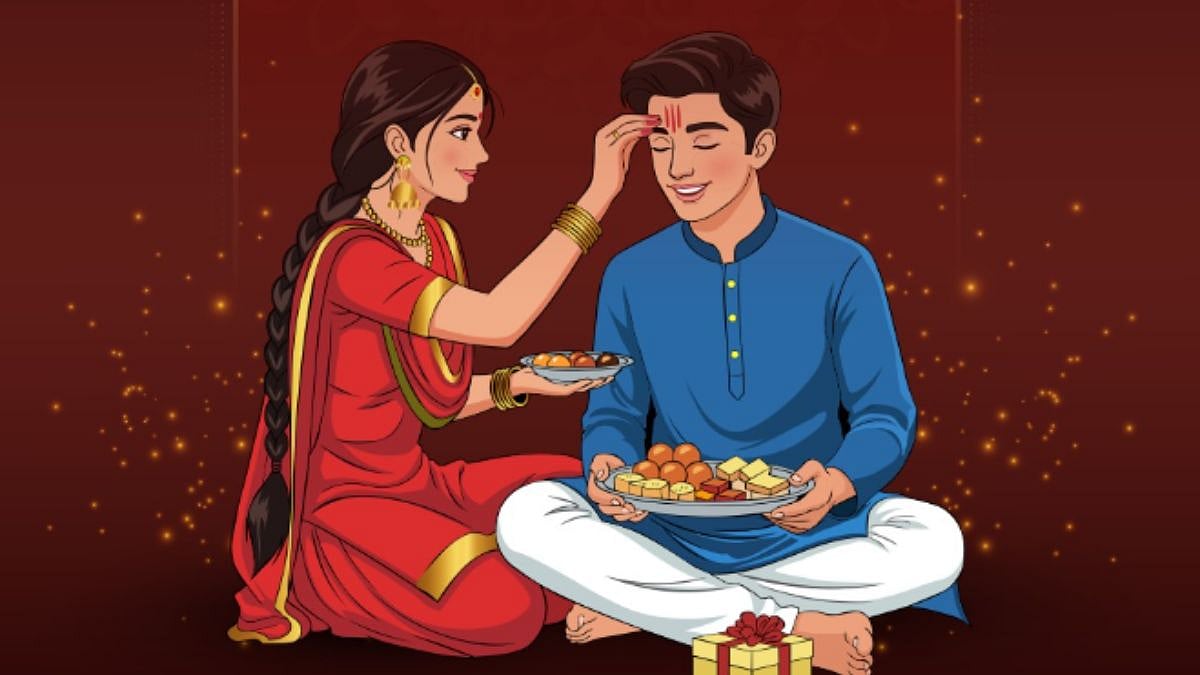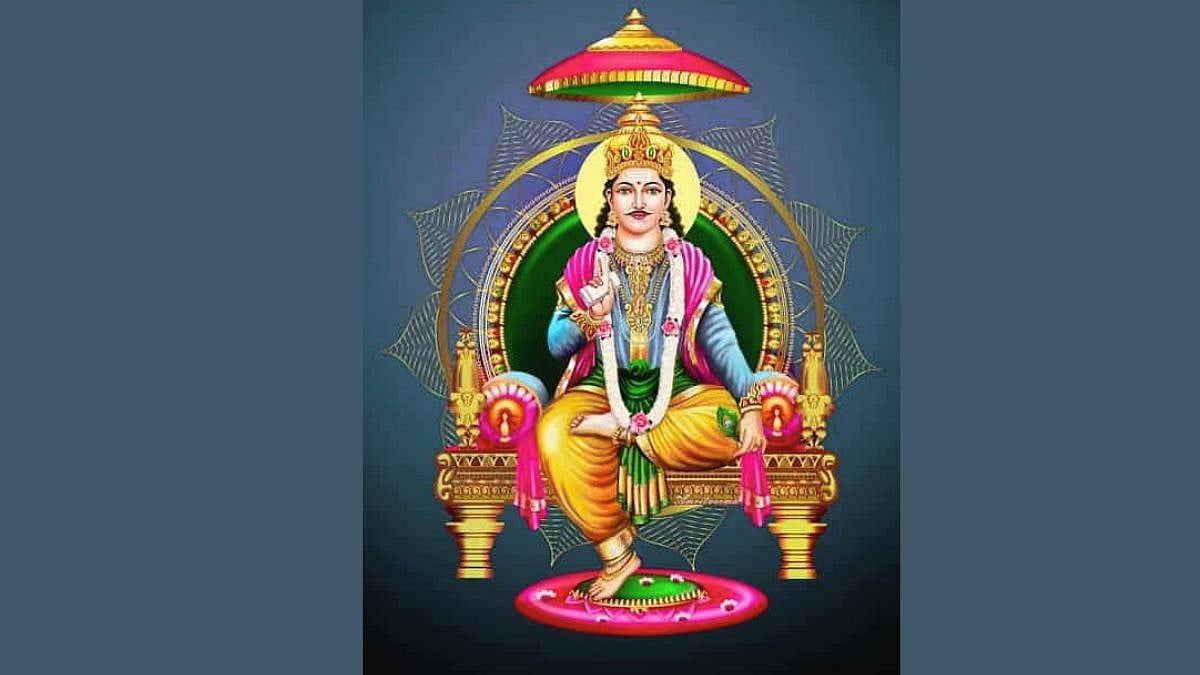So we celebrated the defeat of Ravana, welcomed Shri Ram back to Ayodhya with diyas, and consumed copious amounts of sweets, but now what? Does that keep evil at bay? Not quite. The battle of good and evil is an eternal conflict that brews in the most innocuous of places, whether it's a classroom, a store or on the battlefield. We’re all faced with decisions in our daily lives, where it can seem more convenient for the Ravana, the voice of greed, to win, but that’s where our teachings and the wisdom from our ancient epics come in.
Our epics aren’t just stories to be recalled or enacted once a year, revered, and then folded away and forgotten. They’re a living compass of how to navigate the slippery slope of life. Faced with a challenge as extreme as going into exile, on the verge of being crowned King, Shri Ram embraced this seemingly cruel wish of his mother with as much love and grace as he accepted his marriage to Sita.
Shri Krishna calls this Stitha-Prajna in the Bhagavad Gita. When one is able to transcend the effects of joy and sorrow and able to remain as equanimous, no matter how dark and uncertain it may seem, he becomes a true Yogi—one who’s turned inward towards the omnipresent power of the divine, and able to put situations in perspective, responding to them rather than reacting to them.

Every Diwali, as we light our diyas, we symbolically invite this awareness into our homes and hearts. But the true festival begins when that light doesn’t fade with the last sparkler; when we choose patience over anger, kindness over ego, and truth over convenience.
So, after the diyas have dimmed and the sweets are gone, let’s remember that the real victory of Ram over Ravana is not celebrated once a year; it’s lived, moment by moment, in the quiet triumphs of the soul.









